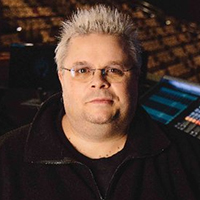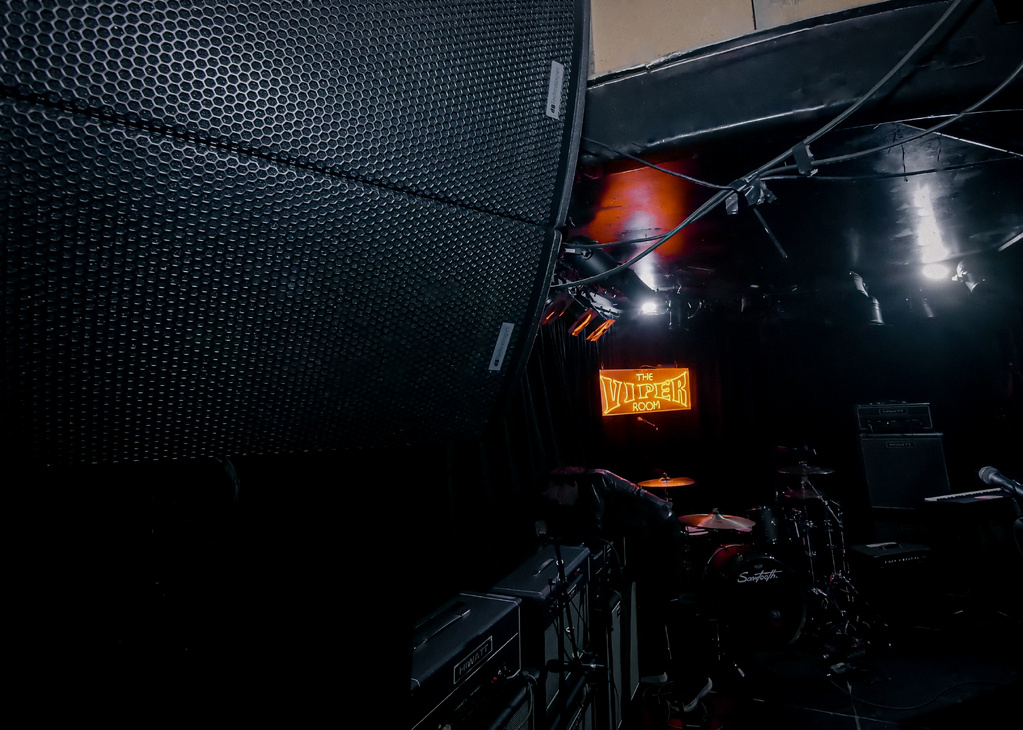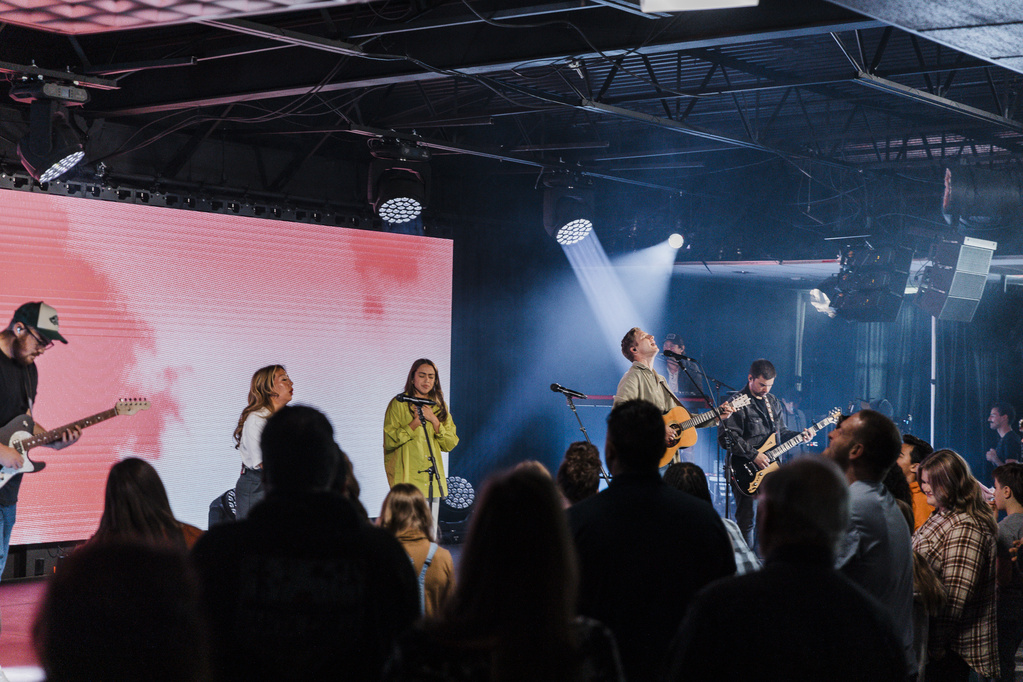Are you a good listener? Would others describe you as a good listener? Although being a good listener is a fairly significant character trait we should NEVER overlook, here’s the real question: What kind of a listener are you when it comes to music?
“Music you say? Well, I mix every week, Andrew. I listen to music a lot. I love music. I LIVE for it.” Oh really? Well, Mr./Mrs./Ms. music aficionado, allow me to ask a few pointed questions:
How many concerts do you attend?
One of THE best ways to get some input into your brain from an outside musical source is going to see a live show. You don’t even have to be a fan of the band, just keep an open mind to hearing something you may want to replicate in your own mixes.
I’ve seen so many live concerts from artists I WASN’T employed with that I’ve lost count. I discount none of them as those experiences have literally shaped the output of my live mixes.
How much time do you devote to listening?
Do you dedicate time to listen to music? Vinyl, CDs, MP3s, it doesn’t matter (although it’s been proven that listening to vinyl makes you a better person). Just listen to something…ANYTHING to fill your brain up.
How much time do most pastors and teachers spend studying and preparing for a message or lecture? I’ve met very few that phone it in. In this regard, do you spend a commensurate amount of time listening to music to prepare for what you will output during an event?
Hard one to answer isn’t it?
Do you have a listening space?
Some people have a special place they like to read, study, journal, etc. What about listening?
I love Jon Cusack’s character in the movie “High Fidelity.” He literally has most of his apartment set up as a “listening” space—specifically a place he could house his many shelves of vinyl and a place to make mix tapes for his special someone.
Although I haven’t quite gone that far (nor do I own a cassette deck anymore), the sentiment is very much the same.
Over the years I’ve found several amazing places and ways to do this. I go the extra mile to make sure these spaces sound great (terrible sounding spaces tend to make me go raving mad) so I can always sit back and listen in an environment that allows me to enjoy, absorb, and fill up my audio tank.
Do you focus on your listening so your mix ends up being a RESULT of the audio examples you’ve banked in your head?
For those who spent any time studying in school, I’ll bet you can remember that time you tried to absorb vast amounts of information while in a crowded and noisy environment. And how it most likely didn’t end with amazing results.
I think the same can be said about the focus of our listening. I used to think that I should set time apart devoted specifically to the art of mixing, studying mix techniques, learning how to master the touch and feel of a fader…those were the days.
Although there is NOTHNG wrong with this and it’s vital to our craft, perhaps actually spending time filling up our data banks with great music is even more important.
Yeah, it’s studying and it’s homework, but it’s NECESSARY (as well as pretty awesome). What other position condones one sitting around listening to music (was gonna say vinyl there but didn’t want to be a hater) and still calls it preparation? Shh, better let this one be our little secret.
Some years back I met a young audio engineer who was frustrated about the state of his mix. He had tons of technical knowledge, understood signal flow, knew his way around a console, etc. No issues with any of that. BUT his mix output sucked. He just never could get things to come together.
My first question for him: What kind of material are you listening to?
He immediately brightened up and told me the name of a popular Christian artist. I waited for him to continue, but he didn’t. He was done. He quite literally only listened to this one artist. In fact, he knew the names of all the guys in the band, had all of their CDs, and I’m sure he knew every word to every song. I’m sure I blacked out in there somewhere while he regaled me with some nifty fun band facts too.
Understand that I had no animosity for this particular act. I knew them quite well and they were great people. In fact, I’ve mixed thousands of shows and recorded several albums for artists in the same vein. But come on, let’s broaden the scope of what we’re listening to friend!
Even if the recordings he had been listening to sounded good (they did not) and even if they were produced amazingly well (they were not), you HAVE TO broaden your scope and LISTEN to some different things.
A major reason his mixes never came together is he was listening to recordings that actually just weren’t mixed that good. He was putting bad examples into his data banks.
When someone asks me specifics about how I mix, how I layer sounds, and even how I process live effects, I love to share with them the two secret places my secret tips and tricks live: My vinyl collection and my iTunes library.
You want to know where the ideas come from? Check out the stuff I listen to. End of story.
Listening is something we can—actually MUST—always find time for. The next time you’re searching for a great example of a perfect snare drum, wouldn’t you feel better having an arsenal of ideas piled up in your head? All of us who may listen to your mix will thank you for it.
This article provided by Church On The Move.




















